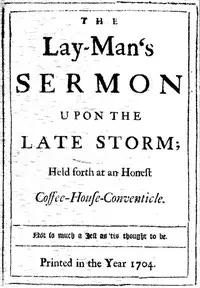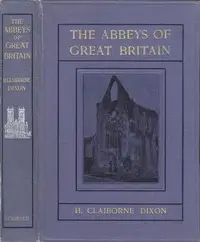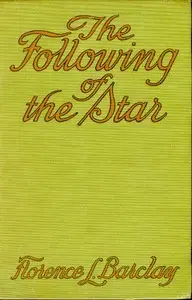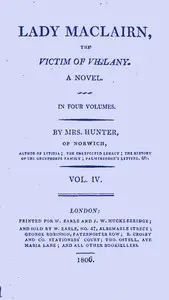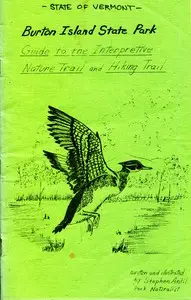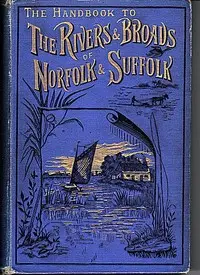"The Life and Adventures of Robinson Crusoe" by Daniel Defoe is a novel written in the early 18th century. The story follows Robinson Crusoe, a young man with a strong desire to go to sea, despite the warnings of his father about the risks associated with such a life. Crusoe ultimately finds himself cast away on a deserted island after a series of misadventures, where he must rely on his ingenuity and resourcefulness to survive. The opening of the novel introduces Robinson Crusoe, detailing his rebellious nature and the conflict between his aspirations and his family's wishes. After ignoring his father's counsel, he embarks on a journey at sea, facing numerous challenges from the outset, including a treacherous storm that threatens to sink the ship. His initial experiences foreshadow the trials he will undergo, as he grapples with feelings of guilt and regret for defying his parents. The narrative sets the stage for Crusoe’s transformation into a self-sufficient survivor, highlighting themes of adventure, independence, and the human spirit in the face of adversity. (This is an automatically generated summary.)

The Life and Adventures of Robinson Crusoe (1808)
By Daniel Defoe
"The Life and Adventures of Robinson Crusoe" by Daniel Defoe is a novel written in the early 18th century. The story follows Robinson Crusoe, a young ...
Daniel Defoe was an English novelist, journalist, merchant, pamphleteer and spy. He is most famous for his novel Robinson Crusoe, published in 1719, which is claimed to be second only to the Bible in its number of translations. He has been seen as one of the earliest proponents of the English novel, and helped to popularise the form in Britain with others such as Aphra Behn and Samuel Richardson. Defoe wrote many political tracts, was often in trouble with the authorities, and spent a period in prison. Intellectuals and political leaders paid attention to his fresh ideas and sometimes consulted him.





